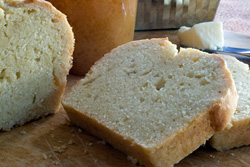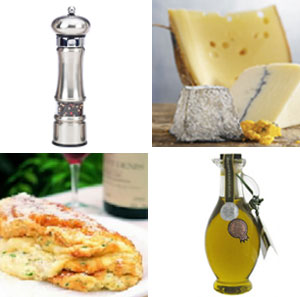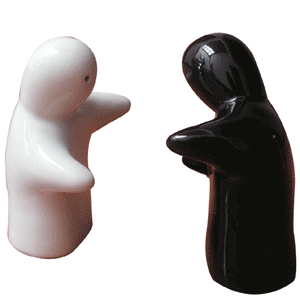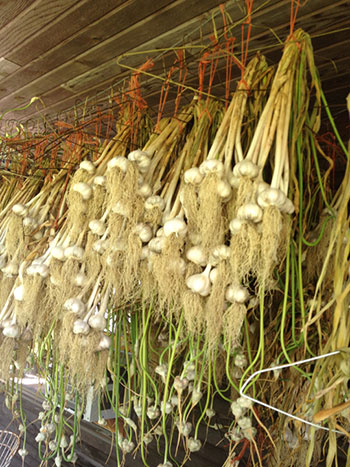 If you think dry and crumbly when you hear cornbread, you're not alone. That's exactly what I used to think. I remember the square cake pan of cornbread my mom used to make. It was so dry, I could hardly speak as I tried to swallow the sticky crumbs.
If you think dry and crumbly when you hear cornbread, you're not alone. That's exactly what I used to think. I remember the square cake pan of cornbread my mom used to make. It was so dry, I could hardly speak as I tried to swallow the sticky crumbs.
After much experimenting, I came up with a recipe that is moist with a much finer texture than most cornbread. The batter includes 1 cup of oil. Several years ago I used vegetable oil. As I became a bit more health conscious, I began using canola oil. Now I use walnut oil. Clearly one of the most healthful oils, it is a great source of antioxidants and omega-3 fatty acids. Its mild, neutral flavor makes it perfect for using as fat in baked goods. It's a bit more expensive than canola oil, but so worth it for the health benefits it delivers. It can sometimes be found near the the other cooking oils in the grocery store. I find it at my local natural food co-op and the natural food section of the local grocery stores.
Another way to kick-up the nutritional benefits of this bread is to use whole white wheat flour. This flour, which has all the nutrition and fiber of standard whole-wheat flour but with a lighter color and milder, sweet flavor, is milled from a hard white winter wheat berry, rather than the hard red spring wheat berry of traditional whole-wheat flours.


 One of the delights of living in the Pacific Palisades is being able to take daily walks along the beach. The walks are great for exercise but also to enjoy the way the beach, ocean, and sky look in the early morning. I have to admit that I would never have discovered the pleasures of walking on the beach had it not been for my wife. For Michelle taking a walk is as necessary as breathing. I think she learned the benefits of walking from her mom, Helen. Whenever we visit her parents in New Jersey, she and her mom head to the boardwalk to take a long walk. This is their way of catching up and clearing their minds before the day begins.
One of the delights of living in the Pacific Palisades is being able to take daily walks along the beach. The walks are great for exercise but also to enjoy the way the beach, ocean, and sky look in the early morning. I have to admit that I would never have discovered the pleasures of walking on the beach had it not been for my wife. For Michelle taking a walk is as necessary as breathing. I think she learned the benefits of walking from her mom, Helen. Whenever we visit her parents in New Jersey, she and her mom head to the boardwalk to take a long walk. This is their way of catching up and clearing their minds before the day begins.
 I can’t remember a time when I didn’t have fresh garlic in my kitchen ready to smash, mince, chop or slice to use for culinary enjoyment. I’ve got cookbooks devoted to garlic and file folders bulging with recipes that include several bold, pungent cloves of the stinking rose.
I can’t remember a time when I didn’t have fresh garlic in my kitchen ready to smash, mince, chop or slice to use for culinary enjoyment. I’ve got cookbooks devoted to garlic and file folders bulging with recipes that include several bold, pungent cloves of the stinking rose.